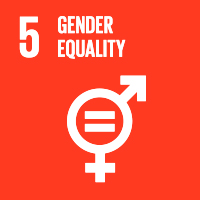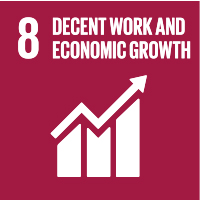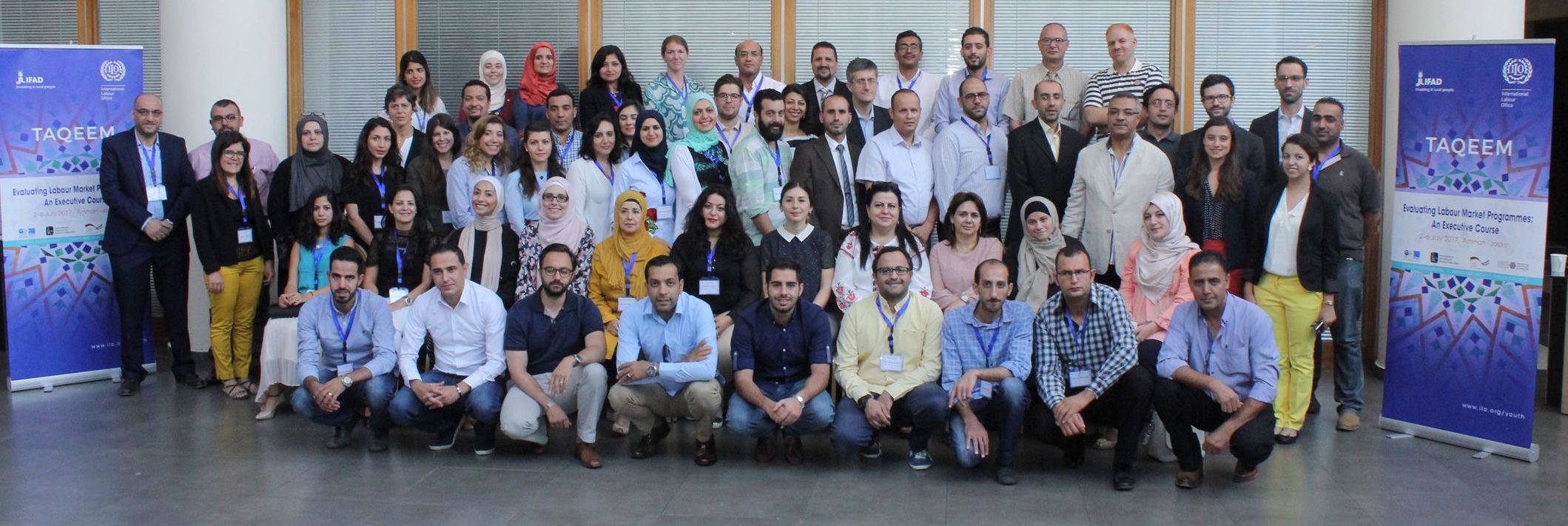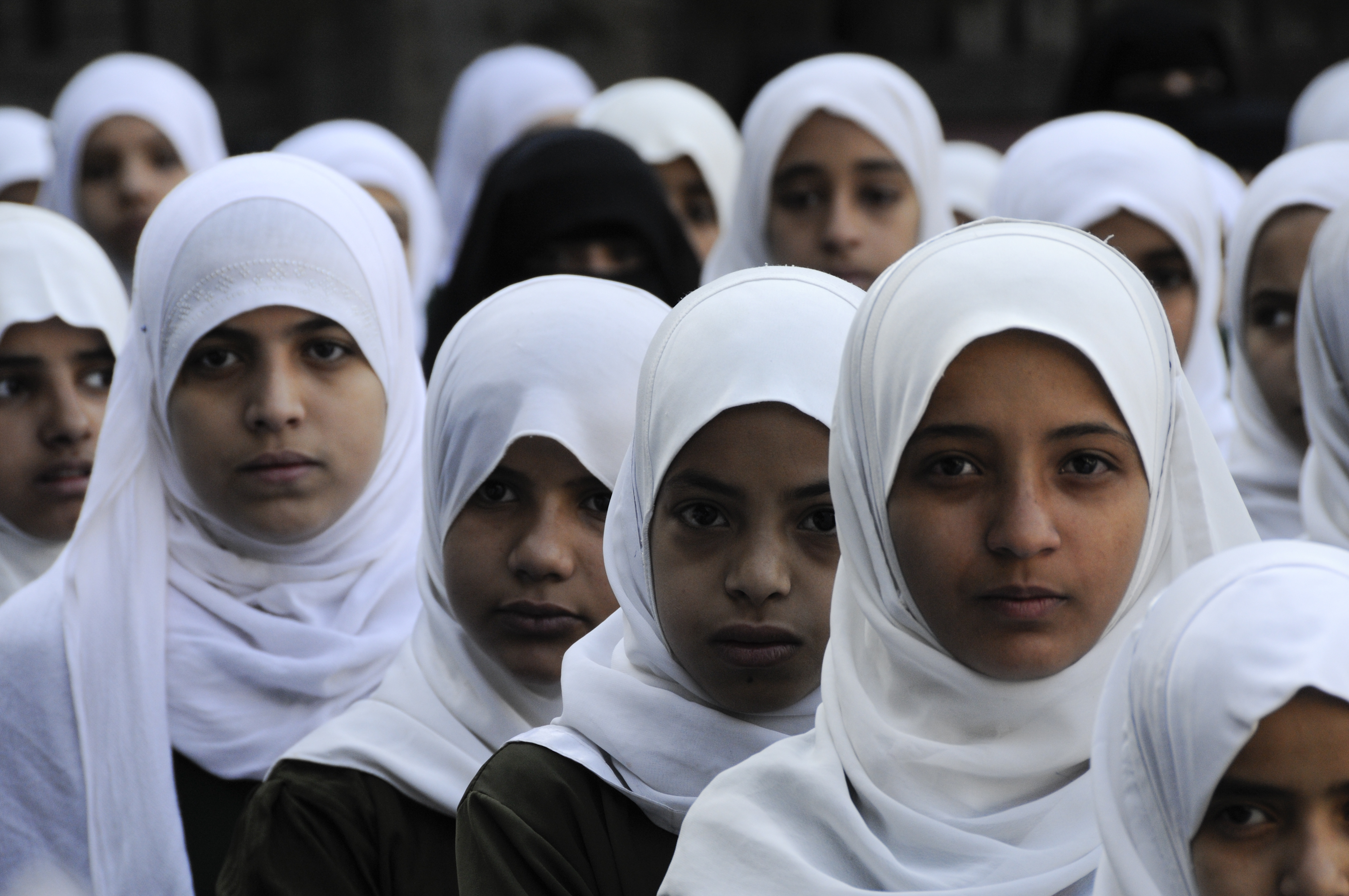Technical assistance, expertise and implementation; Policy, advocacy and convening power
Taqeem Initiative: What Works in Youth Employment
The Taqeem Initiative is a partnership between ILO and IFAD as part of an IFAD-financed project, titled “Strengthening gender monitoring and evaluation in rural employment in the Near East and North Africa.” Through rigorous impact research, this capacity development and learning grant project aims to understand “what works” in youth employment, with the ultimate goal of achieving gender equality in rural employment outcomes across the region. Taqeem (meaning “evaluation” in Arabic) advocates to strengthen evidence-based employment policies and provides technical and financial support to implementers of employment programmes targeting young people and women in rural areas.









